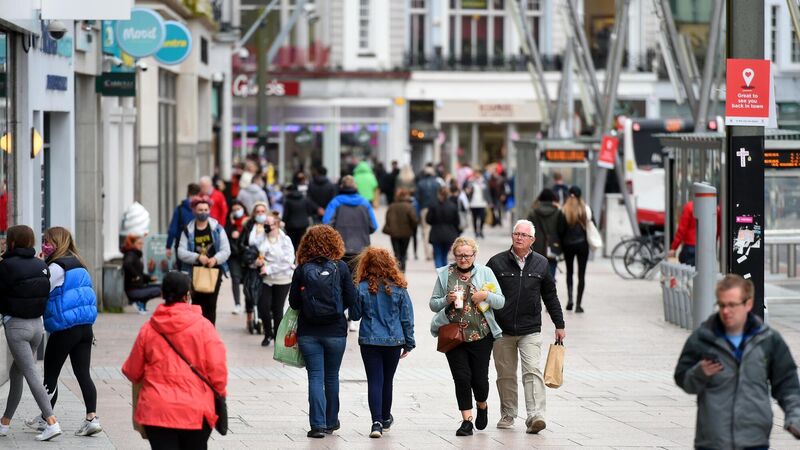Irish consumers growing concerned over energy prices

Energy costs are beginning to hit consumers. File picture
Irish households are becoming increasingly concerned about rising energy prices, a survey has shown, with many seeing the trend as the main driver behind their rising cost of living.
Oil prices cooled yesterday, but have surged 65% this year to hit multi-year highs of around $85 per barrel, with some expecting prices to return to $100 a barrel.











